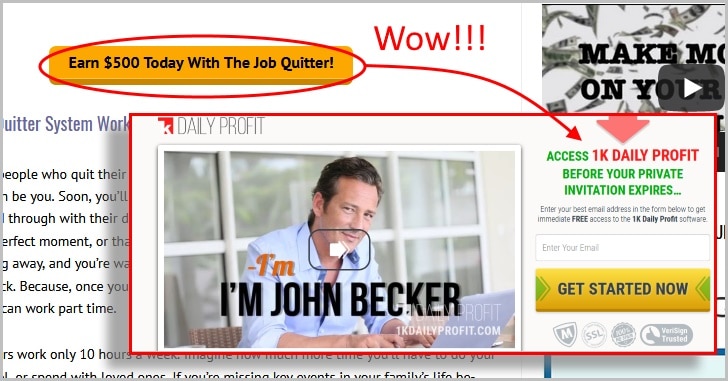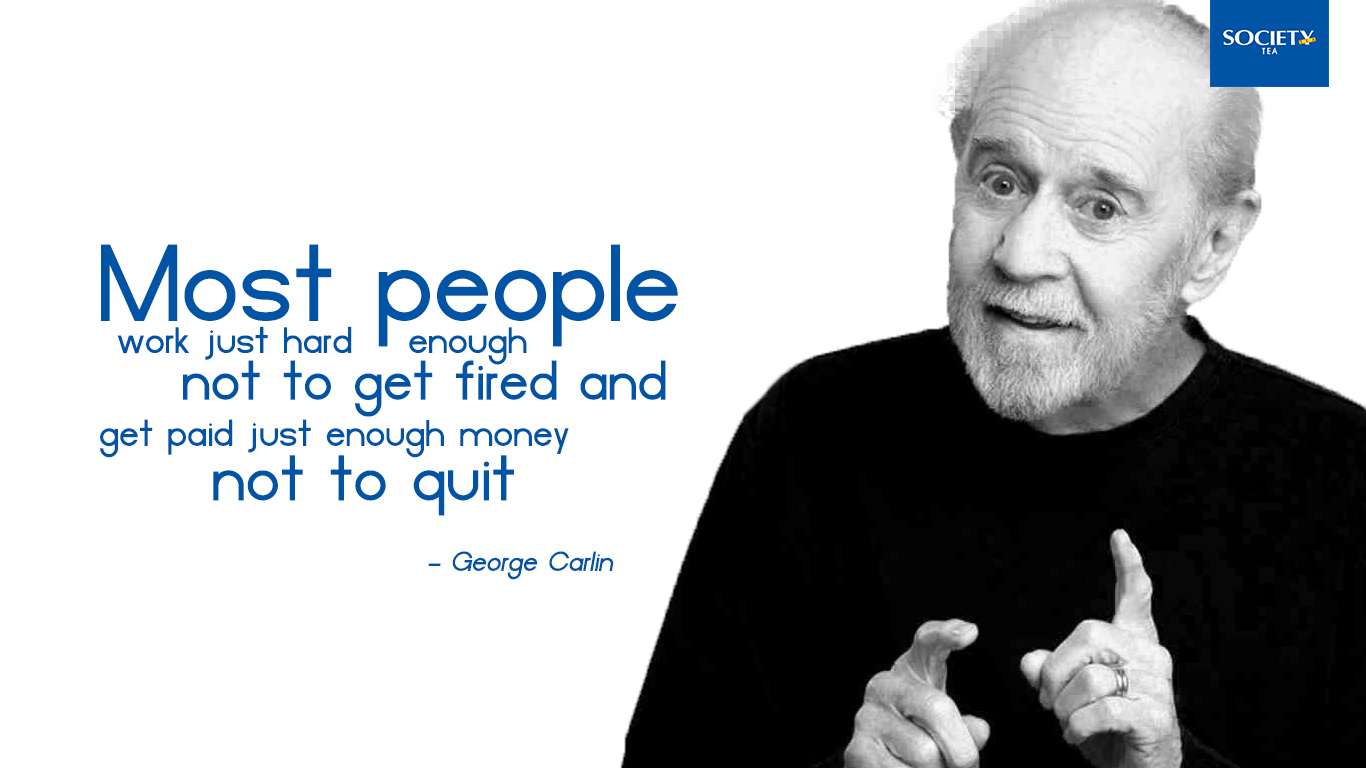
“They aren’t used to sitting in a chair all day. It turns out that most people simply have a very tough first year. She’s spent a lot of time studying and speaking to fresh graduates who are just joining the workforce. "But the more common flip-side is that you might hate a new job for the first three months or even a year only to have it actually turn into what you wanted.” “Sure, there are sometimes reasons to leave a company after 8 days because it was sold to you entirely differently during the interview process, or it’s a clear mistake," says Chisa. Is it just that the honeymoon has worn off and the real job has started?Įarly in my career, I thought this gut feeling of impatience was always right, but that’s definitely not the case. Have I given myself enough time to adjust? To learn? To find the right advocates/mentors/teachers/allies? Why are you really feeling this way? Ask yourself these questions:Īm I not learning new things? Is that my fault or my company’s fault?ĭo I disagree with how my co-workers are doing things? If yes, have I truly tried to change their minds?ĭo I feel blocked, and if so, why do those roadblocks exist? Make sure that these aren’t impatience in disguise, says Chisa. You might have a lot of different feelings that make you want to quit - antsiness, an unsettled stomach, FOMO, envy, dread. Labeling what you’re feeling as impatience is the first step to avoiding this mistake. What would that look like? “I looked at all the answers I was coming up with and realized I was only trying to make change within the structure that already existed. She spent a lot of time pondering how she could make things better in her role. “At Microsoft (where she started her career), I would get migraines all the time because I knew things were suboptimal and needed to change,” says Chisa. You might know intuitively that something's broken, but you won’t be able to see truly original solutions. When you get too ingrained in one role, you start developing blind spots. It turns out it is possible to know too much. These were the two indicators that pushed her to leave Kickstarter, but there are several other key lessons she’s learned about when and why to quit, and what to do next: “That’s when you know you’ve stopped seeing things with fresh eyes.” “When you work for 8 months on a project, it’s hard to go back and change it even if you have a hunch that you should,” she says. She also felt the creeping stagnancy that comes with being unwilling to change the things she had already built. I had to quit to put myself in a position to believe in myself. “I kept thinking, ‘How am I ever going to do anything as good as this again?’" She expressed that through building a more personal discovery experience (letting people find the projects they most identified with) and that work was done. She’d joined because she's passionate about helping people support work they care about. She became so attached to the company that she was nearly convinced she couldn’t do anything else. But working there became core to my identity, and realizing that is when I knew I had to let it go.” “When you love your co-workers and your office and the work you do every day, it’s nearly impossible to leave. “Leaving Kickstarter was so much harder than leaving Harvard,” says Chisa, who was a leading product manager at the crowdfunding company. The Little Known and Vastly Underestimated ‘Quitter’s Mindset’
#Job quitter how to
Here, she shares her best advice on when to quit and say no, and how to use the space this creates to do what truly matters. It sounds counterintuitive, but these decisions have made her career as an influential product manager and blogger possible. She uses them to steer her life, personally and professionally, and it lets her spot patterns. In particular, knowing when to quit and when to say no has made a massive, positive difference in her trajectory. This is how Chisa’s brain works - in systems and lists. There would be no chance to join Lola at such an early stage again. The Lola role would give her an experience she had prioritized for a long time - the ability to grow a product team.

She would've definitely chosen the Lola opportunity over HBS had it arrived earlier. She didn’t know what she wanted to get out of the Harvard experience, so she didn’t know how to prioritize her classes. It wasn’t the first time she had quit (and it wouldn’t be the last), so she had a framework to think through it:

She knew it was time to make a change, and she did.Ĭhisa made the decision fast, but not rashly.

Or that most people she asked said it was a mistake. It didn’t matter that she’d only finished her first year. She looked out the window, and back down to her desk where a full-time offer letter from Lola sat, awaiting her reply. Ellen Chisa knew she had to quit Harvard Business School.


 0 kommentar(er)
0 kommentar(er)
